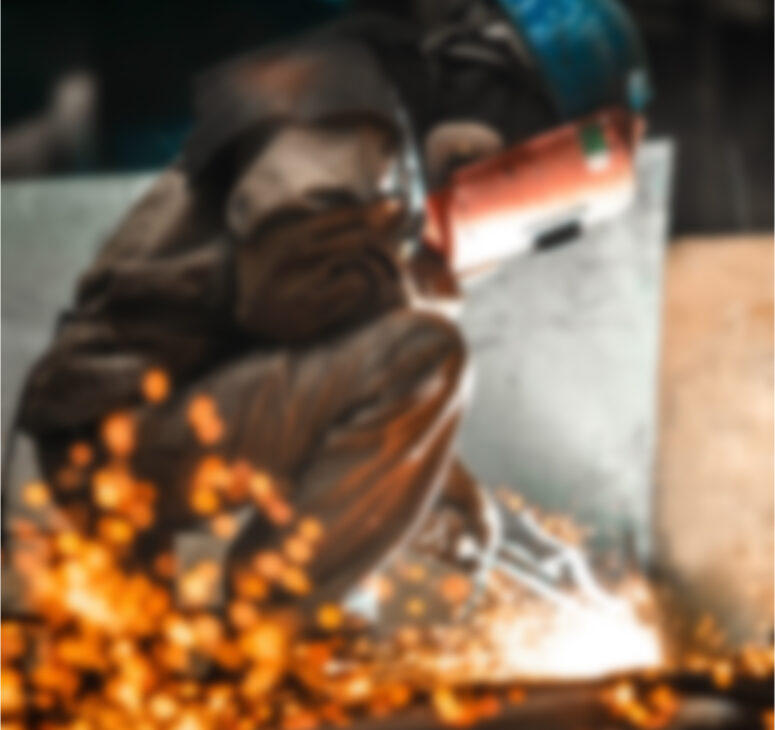Introduction
Hiring a mobile welder is a smart, efficient solution for on-site repairs, custom fabrication welding, or structural reinforcement. But to get the most out of a welder’s visit, proper site preparation is essential. Whether you’re a facility manager, construction lead, or business owner, a well-prepared site ensures faster, safer, and more effective results.
In this article, we’ll walk through a practical checklist you can use to get your site ready for a welding service — minimizing delays, maximizing safety, and making sure the job goes smoothly from start to finish.
Define the Scope of Work Clearly
Before the welder arrives, ensure that the job scope is well-defined. Communicate:
- What needs to be welded (materials, size, thickness)
- Where the welding will take place (indoors, outdoors, at height)
- Any special conditions (tight spaces, vertical welds, overhead welding)
- Expected outcomes (temporary fix vs. permanent solution)
Having photos or blueprints ready is also helpful, especially for custom fabrication jobs.
Ensure Site Access for Welding Equipment
Mobile welders arrive with trucks, trailers, and heavy gear. Ensure there is:
- Clear driveway or parking access
- Sufficient space for welding equipment setup
- Unobstructed path to the welding area
If welding needs to happen inside a building or fenced area, coordinate access codes or keys in advance.
Clean and Clear the Work Area
Welders need a clean, stable workspace. Remove:
- Debris, trash, or standing water
- Loose materials near the weld zone
- Flammable substances (oils, fuels, rags)
This not only improves safety but also ensures clean, high-quality welds free from contaminants.
Provide a Power Source (If Required)
Most mobile welding units are self-powered via generators, but it’s always a good idea to:
- Clarify if external power is needed
- Ensure outlets are accessible
- Have backup power plans in place for indoor work
Some custom cutting tools or lights may need grid access depending on the job.
Verify Material Type in Advance
Mobile welders often come prepared to work with steel, stainless steel, or aluminum. To ensure correct filler metals and settings:
- Identify the base metal ahead of time
- Check if paint, coatings, or rust must be removed
- Alert the welder if multiple metal types are involved
This avoids delays or incorrect welds from mismatched materials.
Ensure Ventilation for Indoor Jobs
If welding is taking place indoors or in confined spaces:
- Open windows or roll-up doors
- Use exhaust fans or fume extractors
- Avoid areas with poor airflow or trapped gases
Good ventilation is critical to the welder’s safety and to maintaining indoor air quality.
Address Fire Safety
Welding involves extreme heat and sparks. Prepare your site by:
- Having a fire extinguisher nearby
- Informing the welder of sprinkler systems or fire hazards
- Keeping a fire watch if required by code
Your welder may also perform a quick fire risk assessment on arrival.
Communicate Site Rules and PPE Requirements
Every site has its own policies. Let the welder know in advance if your facility requires:
- Specific PPE (hard hats, vests, eyewear)
- Safety orientations or sign-in procedures
- Restricted access zones or operating hours
This prevents delays at the gate or during job startup.
Secure Permits or Approvals if Needed
Some projects — particularly structural welds, dock repairs, or modifications — may require local permits or inspections.
Ensure:
- Permits are in place before work begins
- Inspections are scheduled if needed
- Your insurer or landlord has been notified
Mobile welders can usually help guide you if permitting is unclear.
Designate a Point of Contact On-Site
There should always be someone available to:
- Answer technical questions
- Make access decisions
- Approve or review work
This avoids downtime caused by waiting on decisions or unclear communication.
Plan for Weather and Working Conditions
Outdoor welding can be affected by:
- Rain or snow
- High winds
- Extremely cold or hot surfaces
Have a backup plan or temporary cover if weather may interfere with the job.
Bonus: Optional Preparations That Boost Efficiency
Here are some additional steps that can make a big difference:
- Have all parts or replacement materials ready
- Mark weld areas with tape or chalk
- Label components to be rejoined or fabricated
- Ensure forklifts or lifts are available if needed
Final Thoughts
Mobile welding is fast and efficient, but your preparation makes it even better. A well-prepared site allows the welder to focus on precision and safety — not logistics or cleanup. Use this checklist to stay ahead of the curve, minimize surprises, and ensure every welding job is completed on time and to spec.
Need Professional Mobile Welding in Colorado?
Pegasus Mobile Welding serves Commerce City, and surrounding areas with expert on-site welding, fabrication, and repairs. From dock equipment to structural steel, we arrive fully equipped and ready to get the job done.
Contact us today to book an inspection or learn more about preparing your site.


